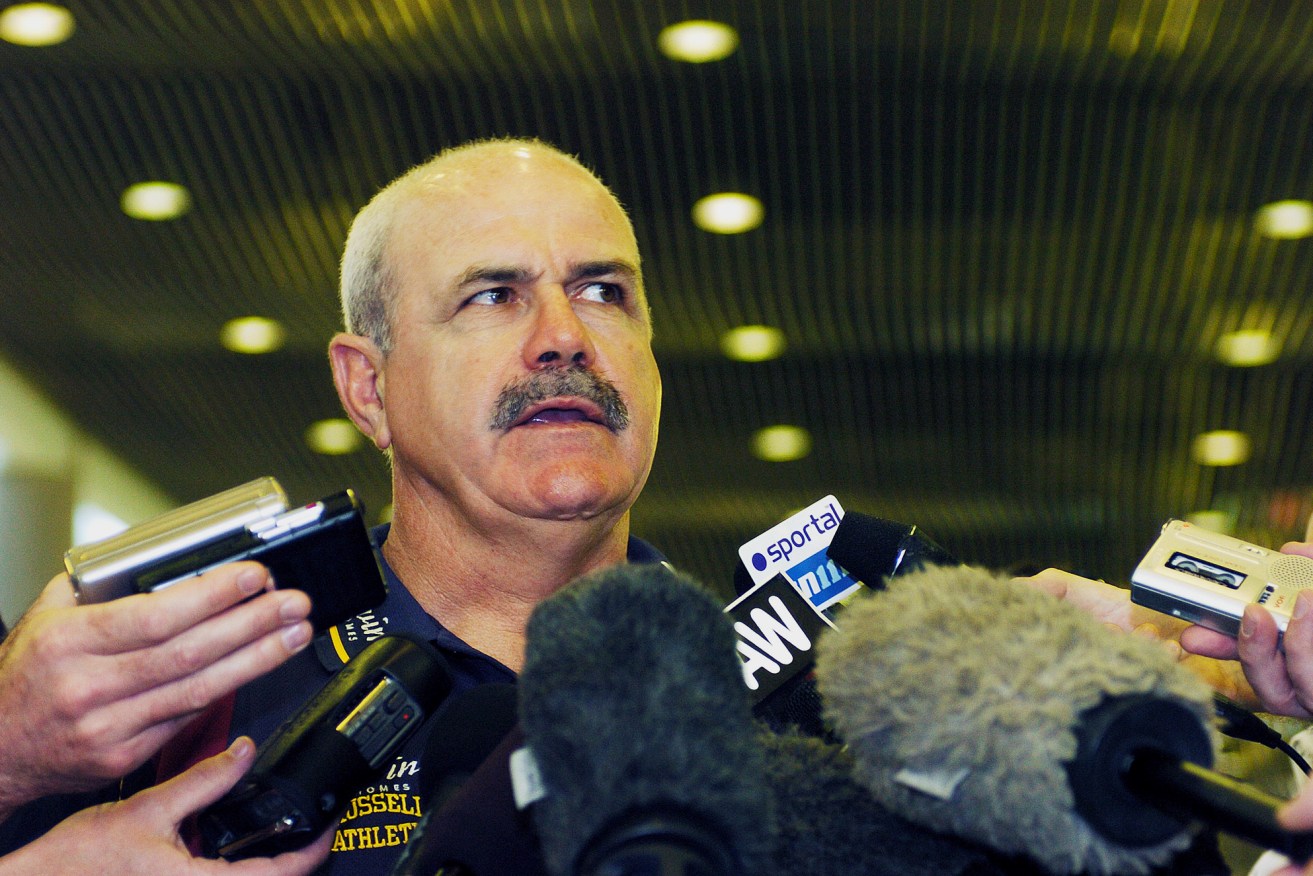The benefits of being told what you don’t want to hear
From the locker room to the board room, feedback is the first step to greatness, writes Michael Blucher


Former Brisbane Lions coach Leigh Matthews was a huge fan of feedback. (AAP Image/Dave Hunt) NO ARCHIVING
We talk ad nauseam in the corporate world about the parallels that exist between sport and business.
Persistence, perseverance, courage, collaboration, sacrifice, a never-say-die attitude, incremental efforts, 110 per cent performances – they’re trotted out weekly, if not daily by corporate captains looking for the slightest edge.
And all cliches aside, there’s no question – what underpins success in one field of endeavour, applies just as readily in the other. Locker-room and boardroom – same same but different.
What we don’t devote a lot of time to is the key ingredients that are conspicuous by their absence.
At the top of my list is the notion of feedback.
Professional athletes get it in spades – from the coaches, the selectors, the video analysis, the media, the fans – those who turn up and those who don’t – bumper crowds vs empty stadia. But more than anything else, they get it from the scoreboard.
At any given time, athletes know exactly how they’re performing. They’re behind, they’re miles in front, they’ve won ten in a row, they’re plodding along midfield, or they’re languishing in last place, needing urgently to reflect on strategy, personnel and preparation.
Additionally, in winter there’s a shareholders’ meeting every week where these results are critiqued. And more feedback is provided.
benefits o harsh as that criticism can be at times (casting aside the contribution of the social media trolls – that’s a completely different discussion) high achievers thrive on the feedback because it provides total clarity around their performance.
But when the boots go in the bin, or the bat is stashed away in the cupboard for the last time – crickets.
Nothing. In the new world, they’re often left to guess.
Years ago, I remember talking to AFL prodigy Leigh Matthews about his professional life, post football.
His boots had long been tossed in the bin, and among other pursuits, Matthews was working for Channel 7 as part of their AFL commentary team.
Drawing from his past life as an athlete, he kept on asking for producers’ feedback. How am I going? What am I doing well? Where can improve?
The response was the same every time: Just keep doing what you’re doing. We’ll tell you if you stuff something up.
Terrific. In Matthews’ mind, that meant one of two things.
Either nobody was interested enough in his development to help him improve his skills, or two, nobody in the organisation had the courage to have a “difficult” conversation and tell him something he might not want to hear.
Crickets.
From my experience, the same deafening silence is endemic in large sectors of the corporate community.
Young professionals are craving feedback and insight as to how they’re progressing, and what they need to do to climb to the next rung not he corporate ladder.
But with the exception of an often awkward annual performance review, delivered in formulaic fashion by a reluctant line manager …. crickets.
Just keep doing what you’re doing. We’ll tell you if you stuff something up.
And we wonder why people move on.
Leaders owe it to their people to provide clarity around how they are performing – good, bad or indifferent.
If the feedback is harsh (read “ample constructive criticism”), they are at least then empowered with a choice of how they respond.
They can refute it, or worse still apportion blame, they can be overwhelmed, do nothing and suffer the longer term consequences,, or they can step up to the challenge and close whatever skill gap is impeding their progress.
As Leigh Matthews says – feedback, the food of champions.












